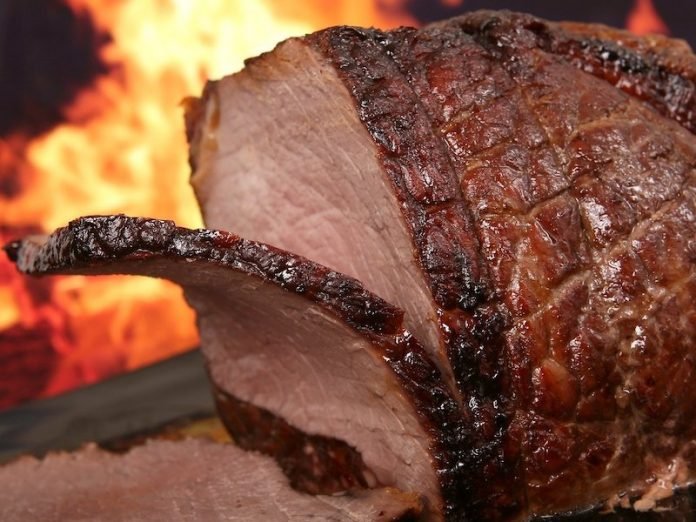
In a new study from New York University, researchers found that several non-genetic factors—including greater red meat intake, lower educational attainment, and heavier alcohol use—are linked to an increase in colorectal cancer in people under 50.
In the United States, incidence rates of early-onset colorectal cancer have nearly doubled between 1992 and 2013, with most of this increase due to early-onset cancers of the rectum.
Approximately 1 in 10 diagnoses of colorectal cancer in this country occurs in people under 50.
Researchers have found the rise particularly among people born since the 1960s. During the same period, there have been major changes in diets among younger generations.
Such changes include decreases in consumption of fruits, non-potato vegetables, and calcium-rich dairy sources. This is coupled with an increase in processed foods (e.g., meats, pizza, macaroni and cheese, etc.) and soft drinks.
Previous research has outlined potential risk factors for early-onset colorectal cancer including greater consumption of processed meat, reduced consumption of vegetables and citrus fruit, greater body mass index, sedentary lifestyles, greater alcohol use, smoking, reduced aspirin use, and diabetes.
In the study, the team analyzed data from 3,767 colorectal cancer cases and 4,049 controls in people under 50 and 23,437 colorectal cancer cases and 35,311 controls in people 50 or above years.
They found early colorectal cancer was linked to not regularly using aspirins, greater red meat intake, lower educational attainment, heavier alcohol use, and (interestingly enough) also alcohol abstinence.
Researchers also found that lower total fiber intake was linked more strongly to rectal than colon cancer.
Several other colorectal cancer risk factors trended toward an association with early-onset colorectal cancer, including the history of diabetes and lower folate, dietary fiber, and calcium intake.
The team says this study provides the initial basis for the identification of those most at risk, which is imperative in mitigating the rising burden of this disease.
If you care about colon cancer, please read studies about this diet may double your colon cancer risk and findings of a new imaging tech could detect colon cancer with 100% accuracy.
For more information about colon cancer prevention and treatment, please see recent studies about this beer plant may help treat liver and colon cancer and results showing that aspirin may stop colon cancer growth and recurrence.
The study is published in JNCI Cancer Spectrum. One author of the study is Richard Hayes.
Copyright © 2021 Knowridge Science Report. All rights reserved.



